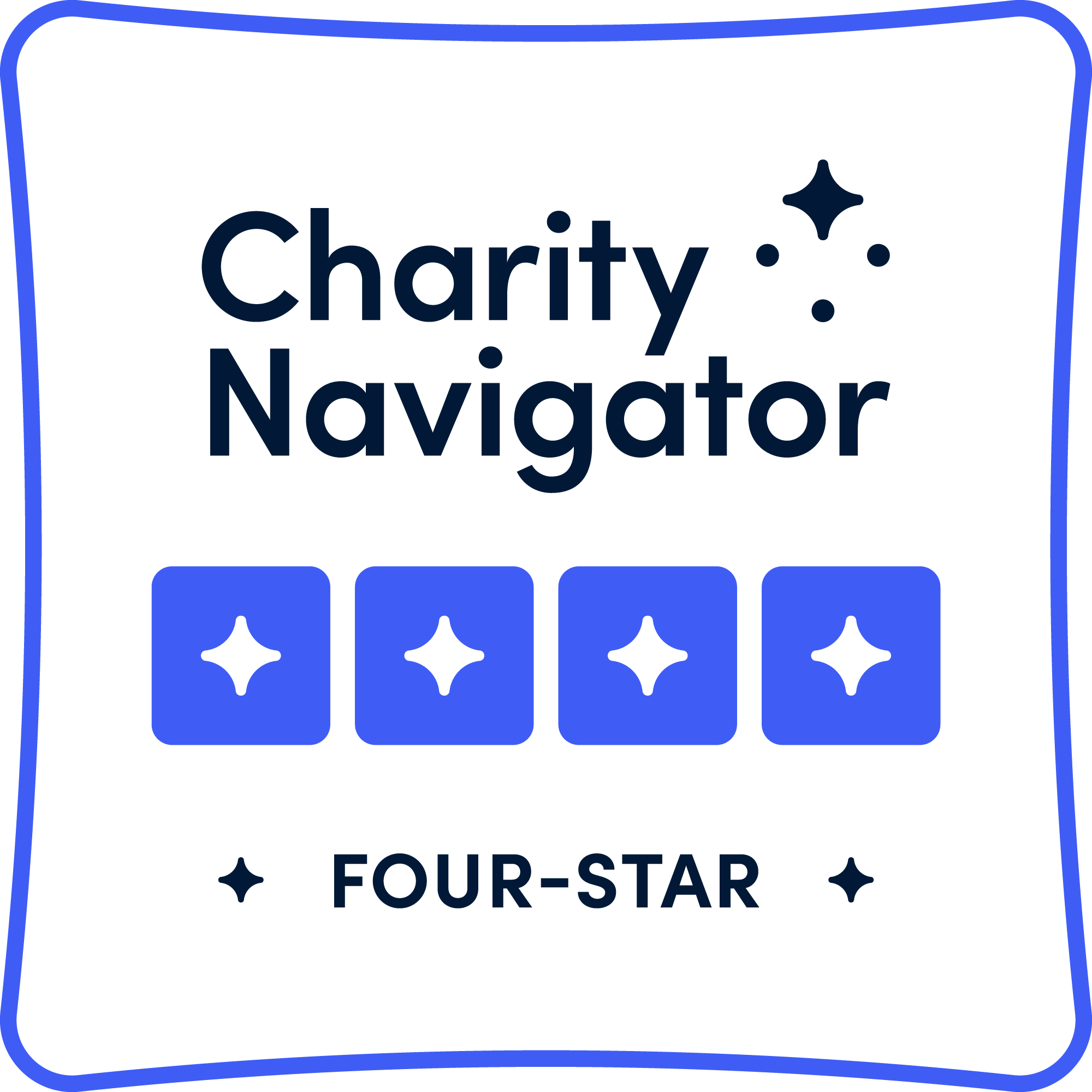Collaborative Journeys: Meet the Greater Portland MMCN
As of November 1, 2020, National Veterans Intermediary (NVI) is called the Local Partner Network. Older content may reference our original name.
This post is the first in a series chronicling the collaborative journeys of NVI local partners, from onboarding to maturation.
Necessary introductions
In a medium-sized classroom-turned-conference-room at the University of Southern Maine, about twenty people sit at tables configured into a U-shape. As the meeting begins, the Chairman, US Air Force veteran Camden Ege, invites the members to introduce themselves. Introductions at each quarterly meeting are a necessity. Members move on to new roles in their agencies, change organizations, or sometimes leave veterans services completely. New faces are always popping up, and the familiar ones almost always have something new to share: a new grant, a closed program, or updated eligibility criteria.
Leading the way
Midway through the meeting’s agenda, Camden notes that Portland MMCN is now officially a VA-endorsed CVEB, and is also the first collaborative in the state to complete NVI’s onboarding process and receive their collaboration funding. The funding was earmarked to pay for expenses from this year’s Maine Military and Community Network conference.
Leading the way for collaboration isn’t new to Portland MMCN. Members of the first of MMCN’s 10 regional chapters, Portland MMCN have been collaborating for nearly 11 years. The loose structure and all-volunteer membership are both the drivers of the group’s get-it-done spirit, and the causes of continuity challenges over the years. The easy familiarity of the members who’ve been involved for a few years is part of what sets the tone for the collaborative work that happens via MMCN, but a lot of the knowledge is institutional. It’s muscle memory and phone numbers on speed dial, instead of in a shared space, accessible to all.
Who is at the table
Those in the room represent every sector:
Independent:
- veteran nonprofit members
- a representative from a local VSO chapter
- healthcare representatives
- housing nonprofit members
Public
- a congressional veteran constituent representative
- national Guard leadership and Family Assistance Center workers
- university veteran services representatives
- veteran employment specialists from the Maine Department of Labor
- representatives from VBA and the Veterans Experience Office
Private
- employers
- veterans
Not all of Portland MMCN’s 100+ person membership are able to attend meetings regularly. The meetings, which were dialed back to a quarterly schedule from an unsustainable monthly schedule, only draw about 20-30% of the membership. Everyone, including folks who couldn’t make it to the meeting, is included on weekly email communications, as well as the occasional “phone a friend” email that members blast out to the listserv when they run short of resources.
Not in the room, but represented on the email list: representatives from congressional offices, lawyers who do pro-bono work at legal clinics, a legal aid organization, more employers, nonprofit service providers of all types, the local Vet Center, caseworkers for the local CBOC, veteran housing program managers, USDOL and Maine DOL representatives, higher education representatives, more private citizens (including veterans, and more).
Who isn’t at the table?
Notably missing? Civic leaders at county level. The gap at the county level is easily explained: it’s reflective of the “two Maines” dichotomy. In this, the more densely populated, southern coastal part of Maine, services and organizations use towns and cities as their centers of gravity. In the central and northern parts of the state, including the eponymous “The County” (Aroostook, Maine’s northernmost county), services are more closely aligned with counties.
Even so, Maine is one of few states which do not subscribe to the popular county VSO model. So in greater Portland, which encompasses the better part of Cumberland County, there are no county-driven veterans services. Civic involvement at the city level, on the other hand, is growing. While there are no designated veteran offices in Portland’s government, the city’s Chief of Police signed MMCN’s CVEB charter in spring 2018. In the summer, the Chief became Assistant City Manager, giving MMCN a closer connection to city hall.
Mapping resources, identifying gaps
The question of who is and isn’t at the table isn’t new to Portland MMCN, but it’s got a new urgency given the focus of the day’s meeting. The issue of the day is sharing resources: identifying, compiling, and communicating them. There’s no guide for veteran resources in Greater Portland. There’s a statewide guide that includes Portland area resources, but given staff turnover, points of contact may be as good as expired once it’s printed. Portland MMCN would like to create one to share in time for their next meeting.
The group brainstorms conditions:
- The guide must be printable and digitally accessible.
- The guide shouldn’t have individuals’ names, because the turnover is too great.
- We shouldn’t reinvent the wheel, but build upon the state resource.
- We should consider organizations that serve and reach veterans that do not identify as veteran-serving organizations.
With basic parameters set, a suggestion is made: establish a working group. The all-volunteer membership is busy. They don’t want too many cooks in the kitchen during the initial drafting, but they do want the feedback of all on the product before publication. A working group can convene between meetings, work together, remotely, and present their draft product at the next meeting. Five volunteers sign up. When they present the products they’ll highlight gaps in resources, and gaps in representation.
Collaboration, not competition
There are at least a dozen people in the room—including a couple volunteers for the working group—who are walking resource guides. It would be easy enough for them to say that they already know who to call, but “good enough for me” isn’t the prevailing attitude in Portland MMCN.
The prevailing attitude?
Collaboration—not competition—serves Portland’s veterans best, and it’s worth creating a community solution to the problems we experience individually. A solution that works for one collaborator, works for none.









